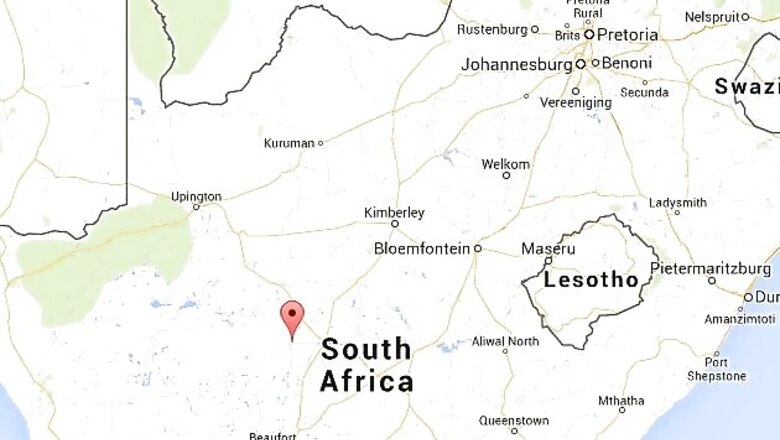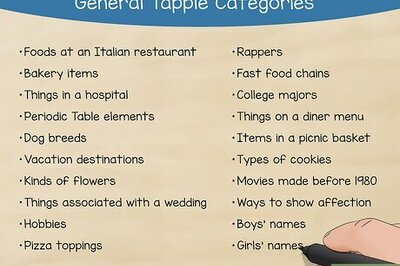
views
Johannesburg: South African mobile instant messaging service Mxit, launched in India a fortnight ago, plans to rollout its service in 11 regional Indian languages within the next six months.
"At the moment, India is our number one growth market," Mxit chairman Michael Jordaan told the weekly Sunday Times in Johannesburg as he expanded on the company's internationalisation strategy.
"Part of our rollout strategy is to be in 11 local (Indian) languages in the next six months, with a good user base in each of those 11 regions. The goal we are working towards is 10 million active users by the end of this year," Jordaan said.
"India has 900 million mobile phone connections, of which 750 million are potentially Mxit-capable. Our primary focus is the 550 million feature-phone market, which has so far been overlooked by our competitors," he said.
Conceding that the competition in the Indian mobile messaging market was strong, Jordaan said the other players were almost exclusively focused on the smartphone market, while Mxit worked across all platforms.
Jordaan also said that its strongest competitor was the vanilla SMSD, which had the cheapest SMS rates in the world.
"Changing that behaviour from SMS to chat-based communication via Mxit will be most challenging and exciting," he said.
Given Mxit's very low charges to users, Jordaan said the company would first target a loyal customer base before commercialising it, but revenue would also come from other sources.
"The three significant revenue streams we see are advertising, market research, and creating customised app solutions for enterprises. We may also look at introducing paid services like stickers and ringtones down the line," he told the weekly.
After launching on January 28 in Hyderabad, Mumbai, and Delhi, Mxit will now be placing greater focus on localisation.
"The 35 Indian states and territories are so different in their culture and diversity they are more like individual countries, so we've got enough to keep us busy here for some time," Jordaan said.

















Comments
0 comment